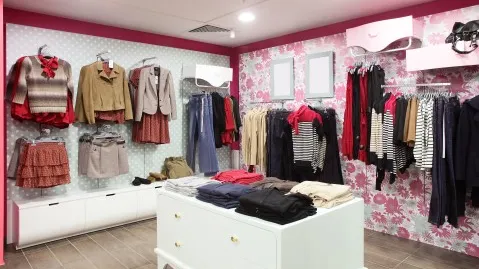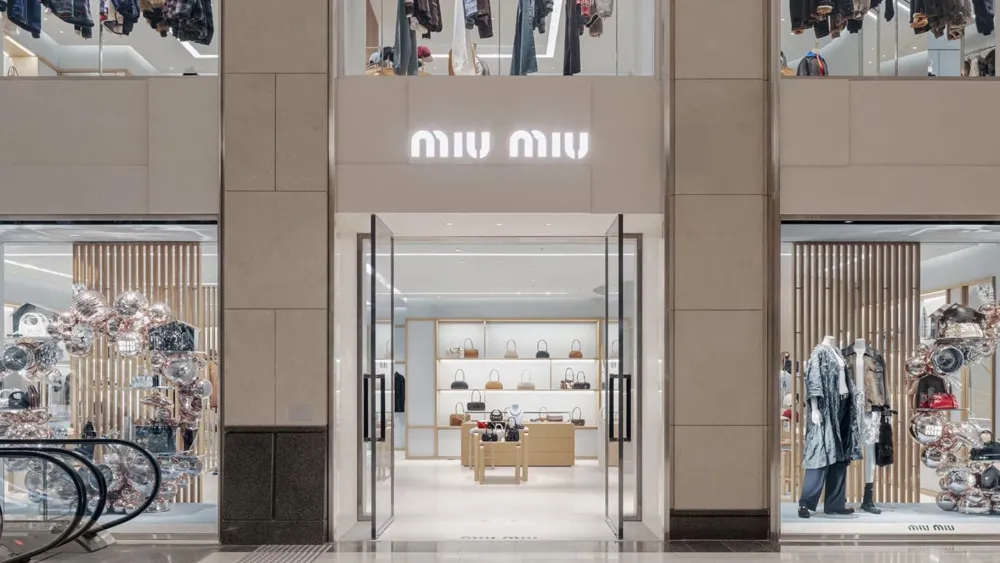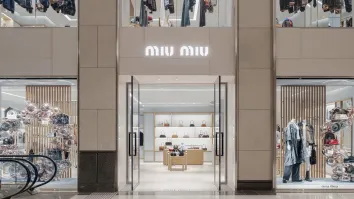
Weekly News Wrap: Shanghai’s fashion stores struggle to clear stock; JD exec says China’s regulation getting more ‘rational’
And India’s Zomato set to buy grocery delivery startup Blinkit for $568m.
From Reuters:
Almost a month since Shanghai lifted its strict COVID-19 lockdowns, fashion retailers are stuck with piles of unsold stock as cautious consumers stay away from the commercial hub's glitzy shopping districts.
Curbs to stop the virus in Shanghai, China's fashion capital, ground the city of 25 million to a halt in April and May, leaving clothing and beauty product displays in stores untouched and containers of imported apparel stranded at port.
The city's re-opening this month saw a flood of goods ship from warehouses to store shelves already laden with merchandise unsold during two months of lockdown. Normally around a fifth of all imported goods coming into China pass through Shanghai's port.
Days after COVID-19 curbs eased, large "sales" signs went up across Shanghai, with retailers from Lululemon to Victoria's Secret offering discounts to lure shoppers.
READ MORE: China’s FMCG retailers must compete amidst growing digitization: Bain
From CNBC:
Regulation on China’s technology sector is not loosening, it’s just becoming more “rational,” a top executive at e-commerce firm JD.com told CNBC.
Over the past 16 months, Beijing has enacted sweeping regulations on the internet industry, a move that has contributed to billions of dollars of value being wiped off from China’s internet sector.
But a resurgence of Covid in China, accompanied by lockdowns in major parts of the country, has hurt economic growth. The government is looking for ways to boost the economy, and there are signs the crackdown on technology companies may be easing.
Xin Lijun, CEO of JD Retail, told CNBC in an interview aired on Friday, that regulation is not necessarily easing, but it is becoming more stable.
From Reuters:
Indian food-delivery firm Zomato is set to buy local grocery-delivery startup Blinkit for $568.16m (INR44.47b) in an all-stock deal, in a bid to step up its game as competition in the quick-delivery market gets fierce.
Rivals Swiggy, Reliance Industries-backed Dunzo, Tata-backed BigBasket and Zepto are also betting on fast deliveries in the so-called quick commerce sector, which was worth $300m last year and is expected to grow 10-15 times to $5b by 2025, according to research firm RedSeer.
Zomato in August bought a more than 9% stake in Blinkit for nearly 5.18 billion rupees ($66.16m) and said earlier this year it would invest as much as $400m in the Indian quick commerce market over the next two years.
Blinkit's gross order value in May stood at 4.03 billion rupees, Zomato said on Friday in a letter to shareholders.
Formerly known as Grofers, SoftBank Group-backed Blinkit rebranded itself late last year as its chief promised to speed up deliveries of everything from groceries to electronics in a burgeoning market dominated by Walmart's Flipkart and Amazon's local unit.



















 Advertise
Advertise







